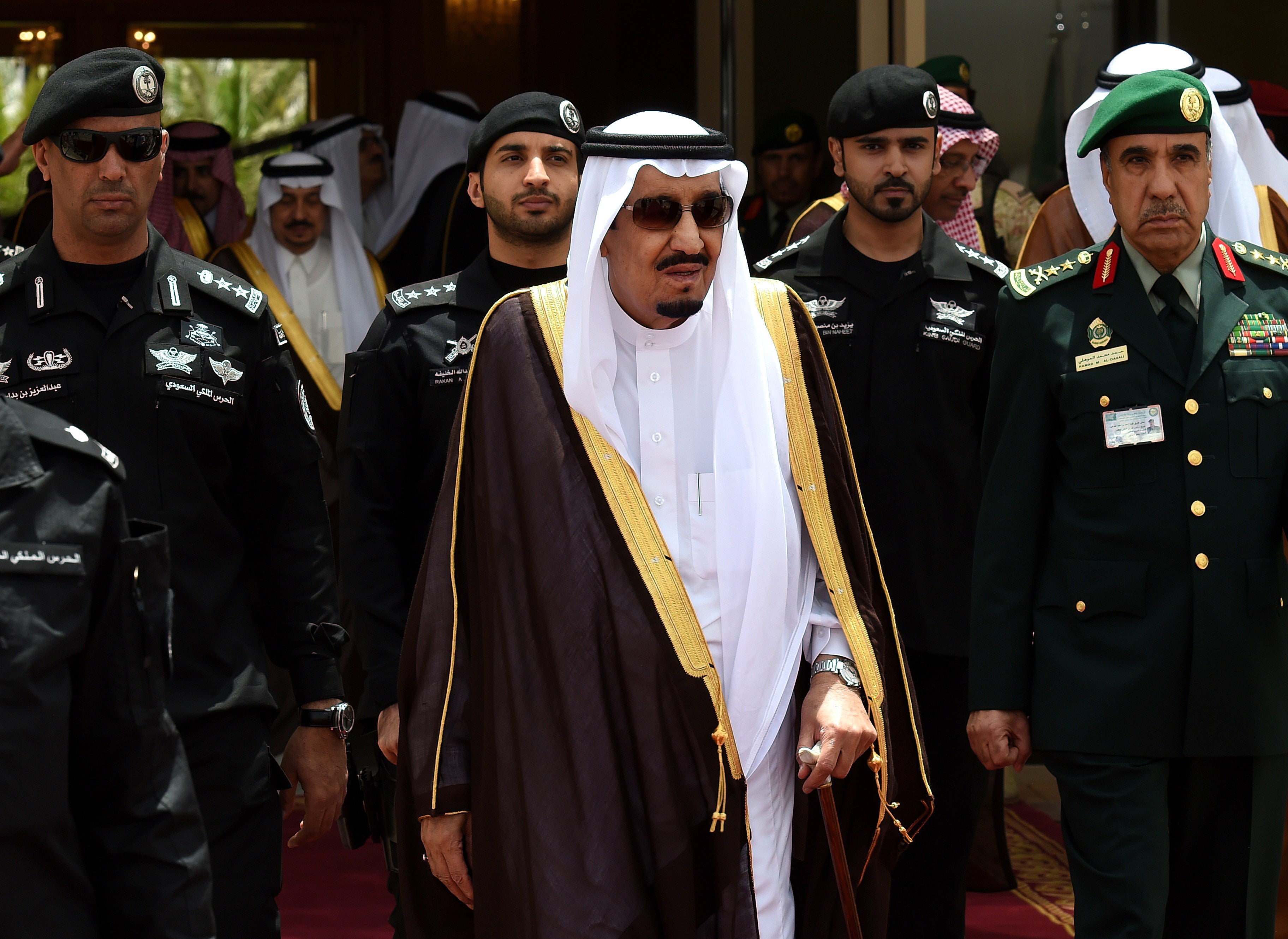Senior Saudi royal calls for coup to replace King Salman
An unnamed Saudi prince has called for a change at the top of the country's absolute monarchy

Your support helps us to tell the story
From reproductive rights to climate change to Big Tech, The Independent is on the ground when the story is developing. Whether it's investigating the financials of Elon Musk's pro-Trump PAC or producing our latest documentary, 'The A Word', which shines a light on the American women fighting for reproductive rights, we know how important it is to parse out the facts from the messaging.
At such a critical moment in US history, we need reporters on the ground. Your donation allows us to keep sending journalists to speak to both sides of the story.
The Independent is trusted by Americans across the entire political spectrum. And unlike many other quality news outlets, we choose not to lock Americans out of our reporting and analysis with paywalls. We believe quality journalism should be available to everyone, paid for by those who can afford it.
Your support makes all the difference.A senior member of the Saudi royal family has called for a coup to replace King Salman as the country's leader, in an unprecedented call for a change to the absolute monarchy that governs the Gulf state.
An unnamed Saudi prince, one of the hundreds of grandsons of the nation's founder, Abdulaziz Ibn Saud, called for the King to be removed in two letters written earlier this month, which have been posted online and read millions of times by the country's citizens.
The prince also told the Guardian that his feelings are shared by other members of the royal family, who are becoming more and more opposed to the management of the country under King Salman.
Speaking to the paper, he said: "The king is not in a stable condition and in reality the son of the king [Prince Mohammed bin Salman] is ruling the kingdom."
The prince reportedly said that a number of his uncles would meet soon to discuss plans to replace the king.
He added that the public and many senior tribal leaders have similar views, in light of Saudi Arabia's recent troubles, both at home and abroad.
Two disasters have struck Mecca recently - the collapse of a crane at the Grand Mosque, and a later stampede in the holy city.
Serious crushes and stampedes are a constant issue on the Hajj pilgrimage, during which millions of Muslims flock to Mecca from around the world. However, with these two disasters killing around 1,000 people within the space of a month, the public mood is shifting against the royals who manage the city.
Senior royals are also reportedly concerned about the economic situation in the country. The tumbling price of oil has meant that Saudi Arabia's oil-dependent economy is faltering, and budget deficits look set to rise.
And the country's recent military intervention in Yemen, which has been criticised as poorly-planned.
Internal struggles and rivalries between Saudi Arabia's many royals are nothing new, but outright coups are fairly uncommon.
"The king is not in a stable condition."
The last occurred in 1964, when King Saud was forced to hand power to King Faisal, after Faisal, having taken control of the National Guard, threatened a military coup.
Faisal himself was assassinated by his nephew 11 years later. The nephew, Prince Faisal, was beheaded three months later, in front of a crowd of thousands in Riyadh.
As Saudi Arabia's economy and government enter further troubles, the possibility of regime change comes closer.
Join our commenting forum
Join thought-provoking conversations, follow other Independent readers and see their replies
0Comments